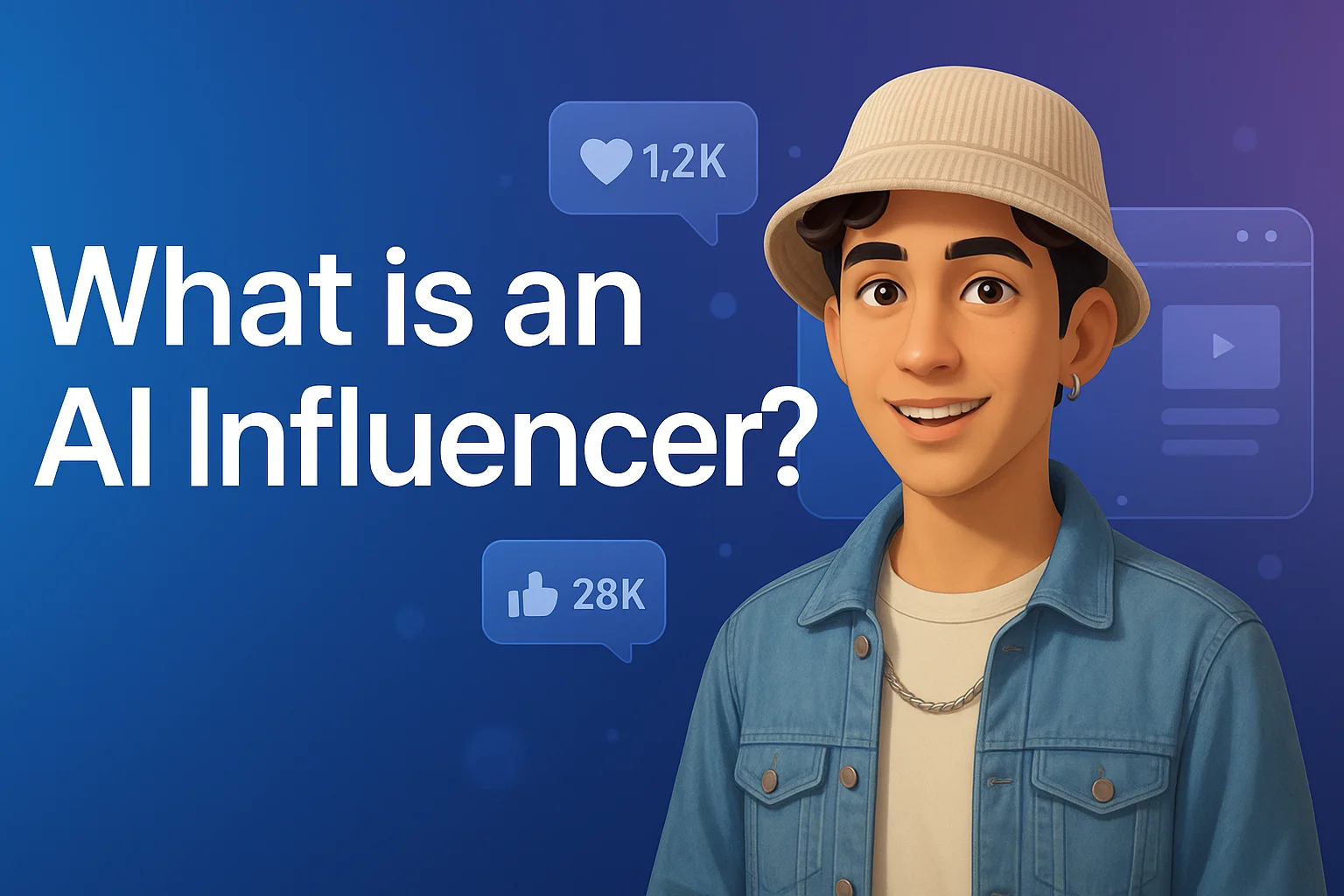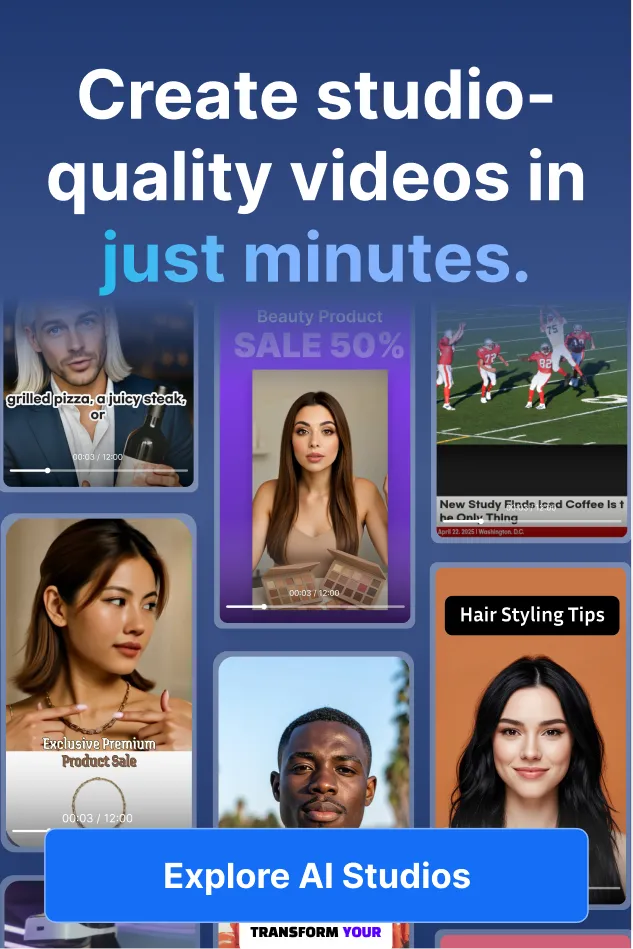You’ve probably seen them on Instagram, TikTok, or YouTube—stylish, engaging, and impossibly consistent. But here’s the twist: some of these influencers aren’t real people. They’re AI influencers.
In a world where virtual avatars, synthetic media, and automated content creation are booming, AI influencers are quickly becoming a major force in marketing, entertainment, and online branding. But what exactly are they?
Let’s break it down.

Definition: What Is an AI Influencer?
An AI influencer is a digital personality created using artificial intelligence, often designed to look, sound, and behave like a real human. These influencers can be completely fictional or modeled after real people, and they post content, interact with followers, and build audiences—just like human creators do.
Some AI influencers are photorealistic and human-like. Others are stylized, cartoonish, or futuristic. What they all have in common is that their presence is entirely generated and managed by AI or a team using AI tools.
How Are AI Influencers Created?
AI influencers are typically built using a combination of technologies, including:
- 3D modeling or AI image generation (for creating their appearance)
- AI video generators like AI Studios (for creating speaking, animated avatars)
- ChatGPT or other language models (for generating captions, replies, and scripts)
- Voice cloning or text-to-speech (to give them a consistent, recognizable voice)
- Automation tools (to schedule posts, reply to comments, and manage engagement)
Some are entirely autonomous, while others are co-managed by humans who act as creative directors or voice behind the scenes.
What Do AI Influencers Do?
AI influencers can do nearly everything a human influencer does—sometimes faster, more consistently, and in multiple languages.
They:
- Post photos and videos on social media
- Collaborate with brands on sponsored content
- Create explainer videos, tutorials, or entertainment content
- Engage with followers through captions, replies, or DMs
- Build audiences across platforms like Instagram, TikTok, YouTube, and even LinkedIn
In some cases, AI influencers are virtual mascots for companies. In others, they act like independent creators or even lifestyle personalities.
Real-World Examples
- Lil Miquela – A virtual fashion influencer with millions of followers on Instagram
- Noonoouri – A high-fashion AI model who’s worked with Dior, Versace, and other luxury brands
- Imma – A Japanese AI influencer known for her aesthetic lifestyle content
- AI-generated avatars from platforms like AI Studios – Used by creators, educators, and brands to build custom spokespersons or virtual personalities at scale
Why Are AI Influencers Gaining Popularity?
There are several reasons AI influencers are catching on:
- Scalability: They can post and produce content around the clock
- Consistency: No mood swings, missed deadlines, or PR mishaps
- Multilingual reach: AI dubbing and translation allow global content delivery
- Creative freedom: You can design a completely unique identity and brand from scratch
- Cost-effective: Once built, AI influencers don’t require travel, makeup, or production crews
Brands also love the control they offer—down to tone, timing, and message delivery.
Where Is This Headed?
AI influencers are likely to become even more advanced, with:
- Real-time audience interaction using conversational AI
- Personalized messaging at scale
- Hyper-realistic visuals and fully immersive experiences in virtual spaces
- Brand-owned avatars acting as virtual spokespeople, sales reps, or educators
They won’t replace human influencers entirely—but they’ll absolutely shape the future of content, especially for brands that want consistency, efficiency, and innovation.
An AI influencer is not just a digital face—it’s a content system powered by artificial intelligence. These virtual personalities can build brands, drive engagement, and reach audiences in ways that were nearly impossible just a few years ago.
Whether you're a creator looking to stay behind the scenes or a business exploring scalable brand ambassadors, AI influencers represent one of the most exciting intersections of tech, media, and marketing today.
The future of influence isn't just human. It's hybrid—and in some cases, completely virtual.



